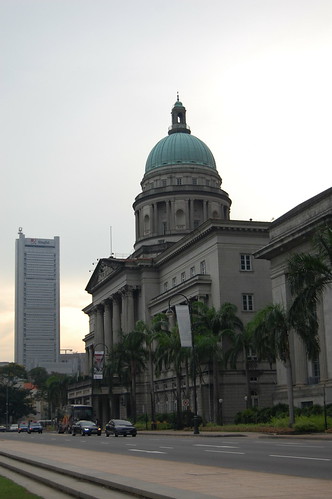Will the Supreme Court Make Life Worse for America’s Homeless?
Supreme Court #SupremeCourt

Six years later, in Powell v. Texas, the high court upheld a state law that criminalized public intoxication. In that case, a plurality of justices reasoned that while Robinson’s ruling was still valid, the Texas law did not run afoul of it because it criminalized an act, not a status. Justice Thurgood Marshall, writing for the plurality, concluded that the defendant was convicted “not for being a chronic alcoholic, but for being in public while drunk on a particular occasion.”
Drawing upon those precedents, the Martin panel concluded that sleeping in public while homeless could not be criminalized. “Any conduct at issue here is involuntary and inseparable from status—they are one and the same, given that human beings are biologically compelled to rest, whether by sitting, lying, or sleeping,” Judge Marsha Berzon concluded, paraphrasing from a judge’s dissent in a previous case. “As a result, just as the state may not criminalize the state of being ‘homeless in public places,’ the state may not criminalize conduct that is an unavoidable consequence of being homeless—namely sitting, lying, or sleeping on the streets.”
That ruling drew praise from advocates for homeless people and criticism from state and local officials who view homeless people as a nuisance. The Supreme Court declined to review it at the time. Earlier this year, in City of Grants Pass v. Johnson, a Ninth Circuit panel expanded the Martin ruling to apply to civil violations as well as criminal ones.